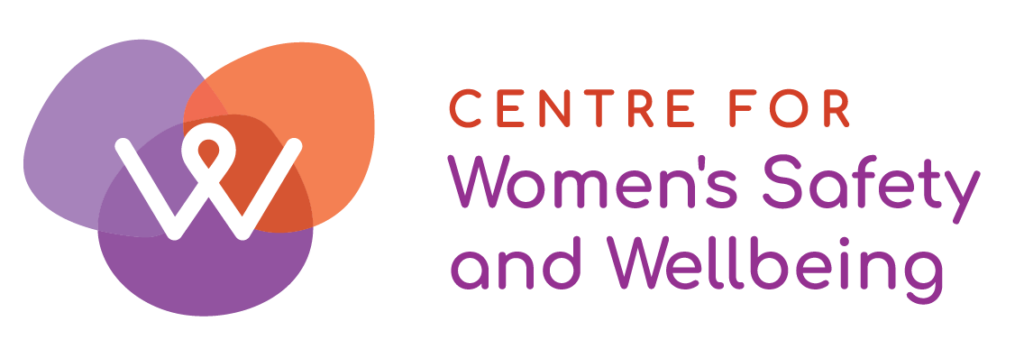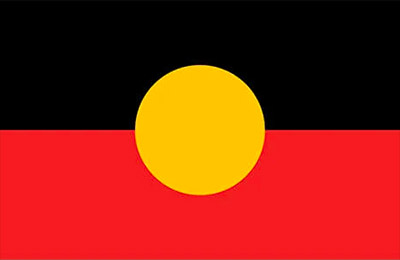The Centre for Women’s Safety and Wellbeing seeks to promote awareness of the causes and effects of domestic and family violence. Sadly, homelessness is one of the consequences and outcomes of domestic and family violence when housing choices are not available or accessible. Safe, accessible, and affordable housing options are critical to any domestic and family violence response strategy.
On September 12th, domestic and family violence and community service representatives met with the Hon. Simone McGurk MLA, Minister for Child Protection; Women’s Interests; Prevention of Family and Domestic Violence; Community Services and the Hon. John Carey MLA, Minister for Housing; Lands; Homelessness; Local Government to discuss the critical issue of housing for women and children seeking to leave a perpetrator of domestic and family violence. Key recommendations from the roundtable include:
- Increase support for victim-survivors to safely stay in their homes after leaving a perpetrator of domestic and family violence.
- Provide ongoing funding for specialist domestic and family violence services to deliver mobile outreach services to support victim-survivors continuing to live in the same home as the perpetrator of domestic and family violence
- Increase the availability of immediate and long-term housing options for women leaving perpetrators of violence, including crisis accommodation, rental assistance, affordable rental housing, and “Safe at home” programs,
- Support victim-survivors to access private rental properties.
- Develop strengthened referral pathways and education and training for front line professionals working in specialist homelessness and social housing sectors, and private real estate sector.
- Invest in the development of more new social housing properties specifically to provide support for victim-survivors of domestic and family violence.
- Develop a transitional housing service model tailored to victim-survivors for the two years post-separation.
- Develop a housing strategy that supports the supply of suitable housing for women and children escaping domestic and family violence.
- Embed an intersectional approach into WA’s housing strategy to ensure that victim-survivors who experience discrimination have access to specific support and housing services.
- Invest in the capability to gather state-wide data to map the housing needs of women and children escaping domestic and family violence to housing supply.
- Invest in local placed-based initiatives that provide adequate resources and autonomy to Aboriginal communities to decide on the types of properties, location, and support models they require.
See the briefing paper and full summary and recommendations from our urgent roundtable to discuss housing and supports for women seeking to leave the person perpetrating domestic and family violence below.





